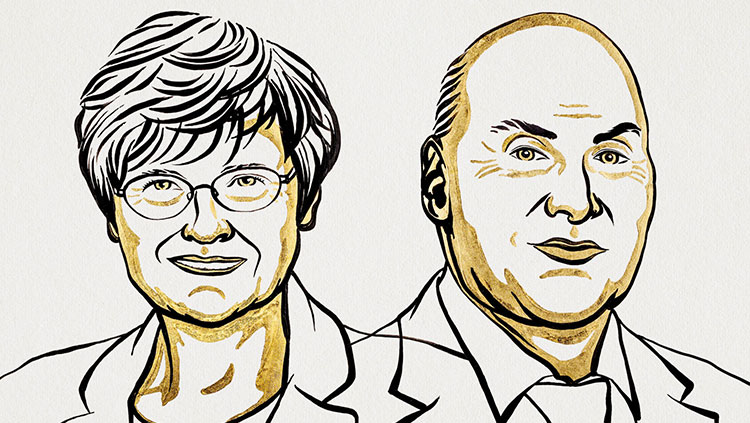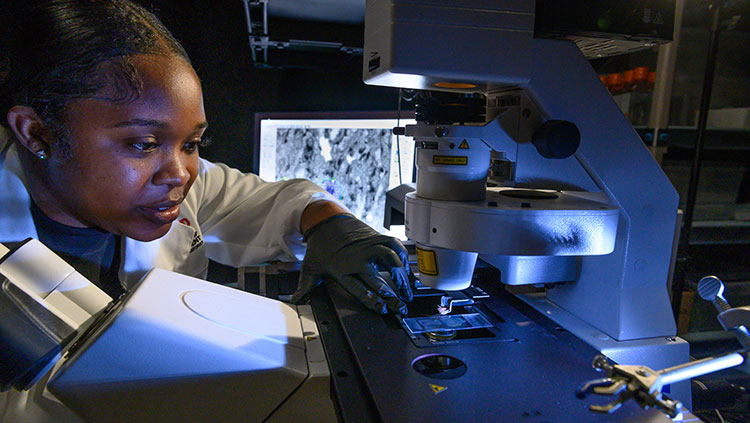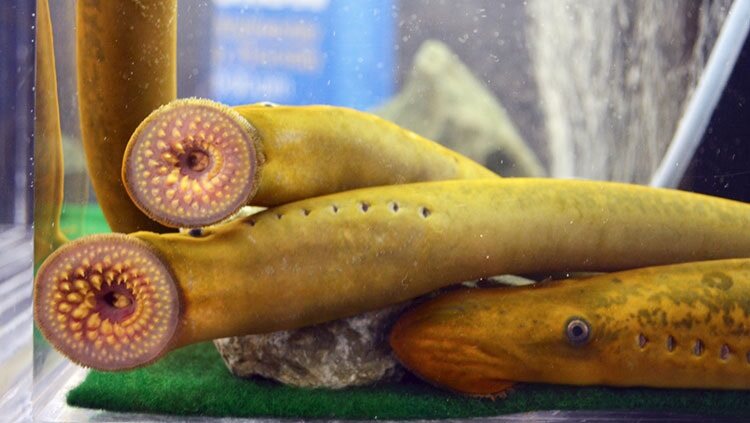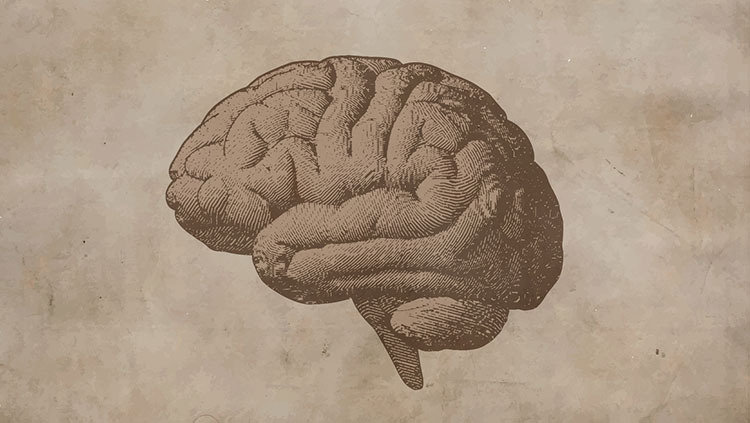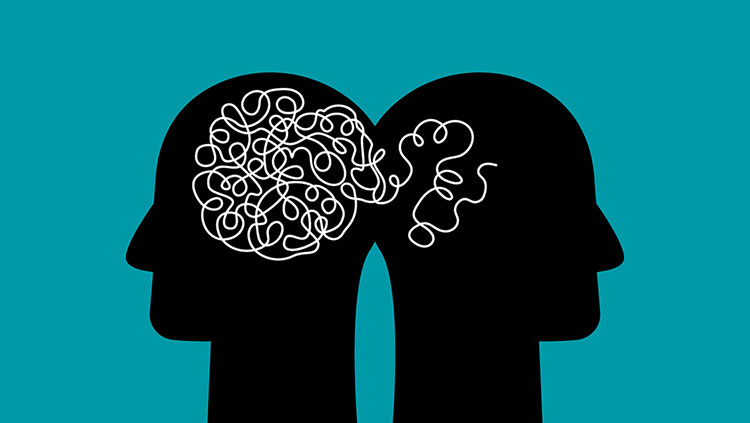ICYMI: Detailed Brain Atlas Offers New Insights into Human Brain
- Published30 Nov 2023
- Author Christine Won
- Source BrainFacts/SfN
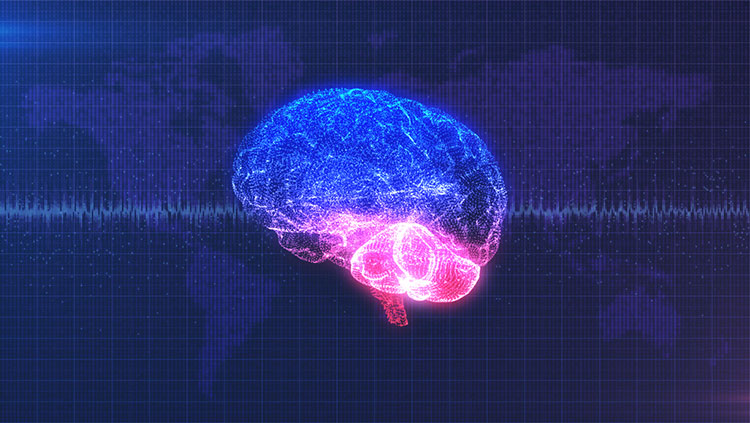
Researchers have mapped the human brain to create a detailed atlas identifying more than 3,300 cell types — most previously undiscovered. The atlas offers the most detailed insight yet into these cells’ location, function, and structure, and is a major step toward elucidating the 170 billion cells in the human brain. The findings were reported in Science and other journals across more than 20 papers.
The collection of work demonstrates the cumulation of the multibillion Brain Research Through Advancing Innovative Neurotechnologies (BRAIN) Initiative’s Cell Census Network (BICCN) spearheaded by the National Institutes of Health. The studies reveal new cell types in the deeper recesses of the brain beyond its outer layer the cerebral cortex like the brain stem, which controls vital functions like heart rate and breathing. Among others, the studies uncovered new types of neurons, neuron-nourishing astrocytes, and microglia, the nervous system’s immune cells.
By comparing the brains of chimpanzees and other species to the human brain, researchers spotted cell types in the human brain matching those of chimpanzees and gorillas rather than distinctly new, evolved cell types as previously believed.
Big Picture: These studies break down the human brain into its cellular makeup at a level mostly seen in animal models until now. Their findings support further scientific inquiry into the fundamentals of our brain and its formation, and work toward the goal of creating a reference for the human brain in normal and disease states.
Read More: The Human Brain Has a Dizzying Array of Mystery Cells. The New York Times
More Top Stories
- Chronic stress and depression may double your risk for cognitive impairment or Alzheimer's disease, research shows. Neuroscience News
- The cat purring in your lap may be doing so without their conscious control or neural input, a new study suggests. Science
- Experiencing discrimination may disrupt the communication between the brain and the gut, potentially increasing your risk for obesity, a study says. NBC
- Implanted 3D-printed human neural stem cells integrated with mouse brains in structure and function. The technique may lead to individualized treatments for brain injuries. New Atlas
- A study sheds light on how horsehair worms, which develop inside the bodies of terrestrial insects, hijack their hosts to make them drown themselves in water, where the worms complete their life cycle. Science
- A population study of 4.3 million people suggests atrial fibrillation, a common heart condition marked by irregular rhythm, may increase a person's risk for mild cognitive impairment by 45%. New Atlas
- Prone to motion sickness? Researchers say inactivating VGLUT2-expressing vestibular neurons may prevent it. New Scientist
- New research suggesting chimpanzees can go through menopause like humans challenges a widely accepted theory behind the phenomenon. STAT
- A new study suggests our tongues may taste a sixth flavor in addition to sweet, salty, sour, bitter, and umami: ammonium chloride. Salon
- Your brain might be running on more than energy bars during a marathon: myelin, the fatty sheath surrounding your nerve fibers enabling faster neural communication. Science News
CONTENT PROVIDED BY
BrainFacts/SfN



